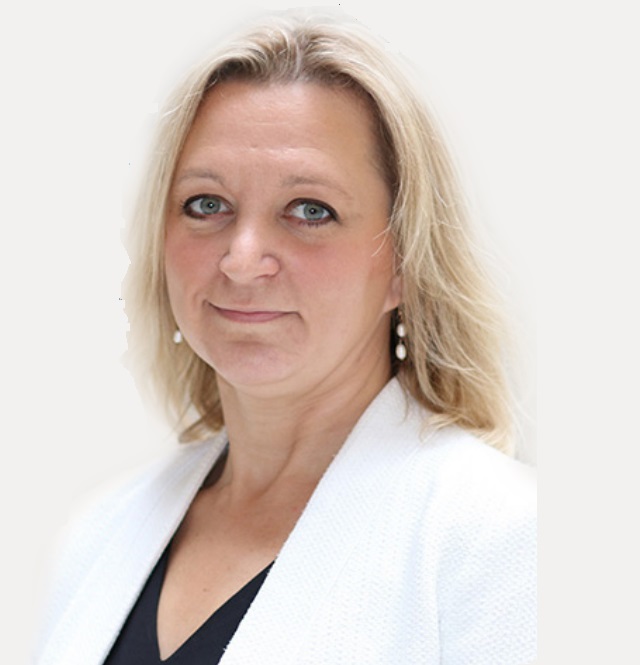
British High Commissioner to Uganda, Kate Airey, shares her views with The Independent’s Ronald Musoke in an email interview
You arrived in Uganda in the midst of the Coronavirus pandemic. Still, I would like to imagine that you have tried to move around the country over the last seven months you have been around. What are some of your impressions of the country?
I’ve sought opportunities to visit as much of the country as possible and I can see that Uganda richly deserves its title as the ‘Pearl of Africa.’ I also think that I’ve come at a really important time. There’s a lot of change happening at the moment – both inside and outside Uganda. Whether it’s the changing climate, urbanization, a burgeoning and dynamic young population, expansion of technology or changes in regional and international trade. I see potential everywhere I travel around Uganda but I also hear from Ugandans the scale of the challenges if their country is going to realise this potential.
Talking about the pandemic, what have you made of the disruption COVID-19 has unleashed on the world? Any lessons?
I don’t think anyone is in any doubt of the seriousness of the Coronavirus pandemic, and how it has triggered perhaps the greatest international crisis since the Second World War, with tragic consequences for families and communities across the world as well as here in Uganda. The economic impact will probably stay with us for years to come. The biggest lesson has been the importance of taking global action. I am very proud that the UK led the creation of the COVAX Facility, which is expected to provide vaccines for 20% of Uganda’s population. We remain one of its largest donors and continue to advocate for fair access to vaccines globally. I was delighted that recently the UK was able to respond to UNICEF’s urgent appeal for oxygen and vital supplies in Uganda with a Shs2.4 billion contribution.
What in your opinion will it take the world and particularly developing countries like Uganda to defeat COVID-19?
Vaccines will remain at the heart of the COVID-19 response. The G7, the UK playing its part, has committed to donate one billion vaccines to less developed countries by the end of 2022. Defeating this virus will continue to require us to maintain necessary public health measures such as mask wearing or social distancing. The UK is also looking at the economic recovery needed now – and the desire for us to build back better with more resilient economies and jobs. We all need to work on the vaccine hesitancy.
Uganda and the U.K share a long history. What has been noteworthy in the relationship?
What has struck me are the depth and breadth of the people to people and cultural links – arguably the most important part of any bilateral relationship. There is a dynamic Ugandan diaspora in the UK, with Ugandan Brits such as the author, Jennifer Nansubuga Makumbi, and Oscar winning actor, Daniel Kaluuya, helping to make the UK’s creative sector such a success or parliamentarians with Ugandan links such as the UK’s Home Secretary, Priti Patel, and the Prime Minister’s Special Trade Envoy, Lord Popat. Since arriving here, I’ve met so many Brits who have decided to make Uganda home, from those running businesses, farmers, to those running NGOs. I’ve also been delighted to see how many Ugandans follow the English Premier League, matutus all around Kampala declaring their support for Arsenal or Man Utd, and the heated discussions on social media the games provoke. When I’ve been travelling around Uganda, I have met so many people who have fond memories of Royal visits to Uganda, particularly Her Majesty’s visit to Uganda for CHOGM in 2007. These links and shared ties are the beating heart of the relationship – one I’m here to nourish and build.
How would you describe the current relations between the U.K and Uganda?
The UK is a long-standing partner to Uganda, with deep historical links and a strong bilateral relationship. It’s also a very broad relationship between the UK and Uganda that goes beyond diplomacy and includes development assistance – where the UK remains one of Uganda’s largest donors, working to create climate-smart jobs; helping to meet health and education needs; and supporting the most vulnerable. It also includes substantial trade and investment as well as defence cooperation and cultural links. This year, we are in particular working closely with Uganda on education and climate change. The UK is hosting summits on both of these areas this year and I’m delighted that Uganda is closely engaged on both.
The post UK committed to Ugandan democracy appeared first on The Independent Uganda:.
from The Independent Uganda: https://ift.tt/36uopqb
0 Comments